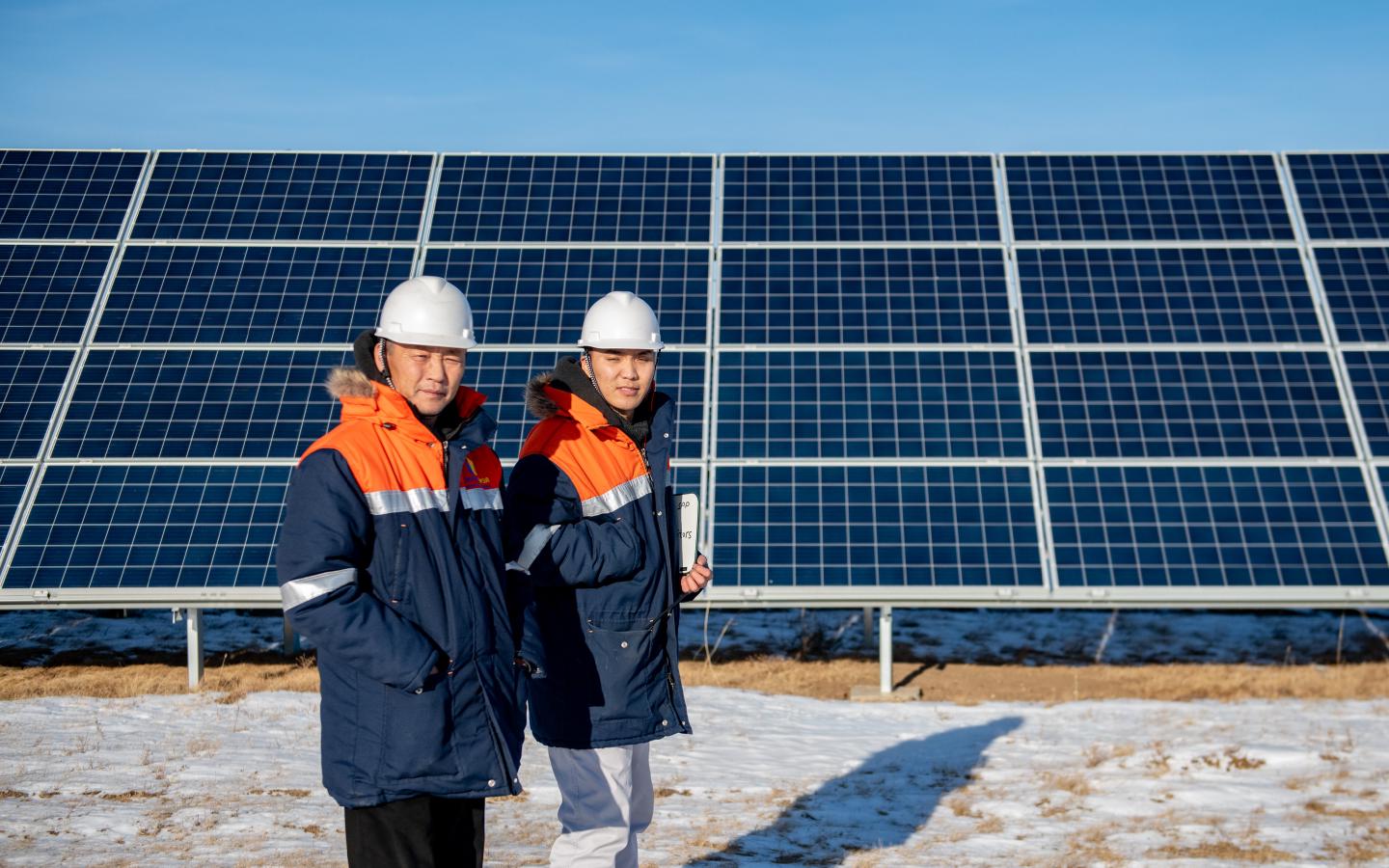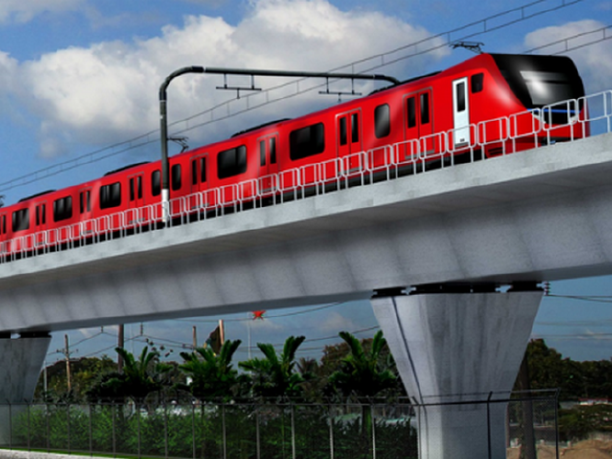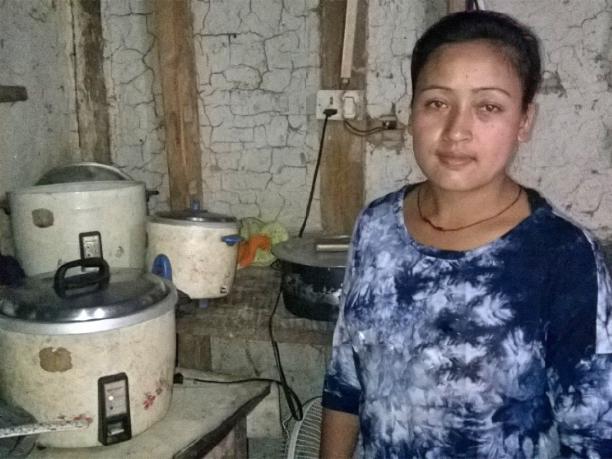POSCO
Listen to the article
Cumulative
- Contributions Committed to Trust Funds $20 million
POSCO, established in 1968, is a multinational steel-making company headquartered in Pohang, Republic of Korea (ROK). The company has been ranked the world’s most competitive steel company for 14 straight years. In line with its vision to engage in promising future industries such as green growth projects and support government initiatives to reduce greenhouse gas emissions in developing countries, POSCO is doubling its efforts to cope with the emissions trading system in the ROK and the new climate regime. POSCO is promoting new growth engines based on permanent new materials and steel, with an ongoing commitment to uphold new values. These activities promote shared growth, policy cooperation, and emissions reduction.
POSCO is a contributor to the Future Carbon Fund with a commitment of $20 million for purchasing certified emission reductions generated from ADB’s developing member countries.
Active Trust Funds
Active trust funds are those a) with ongoing projects; or b) with no active projects but have remaining funds.
News
1 Aug 2020
Construction of ADB-Financed Malolos–Clark Railway Project to Start Soon
ADB financed the Malolos–Clark Railway Project, which will construct a safe, affordable, reliable, and environment-friendly railway connecting the northern provinces of the Philippines and Metro Manila. The contract signing will jumpstart the construction phase of the project, create much-needed jobs, and boost local economic activity. One of the contracts for civil works was awarded to POSCO, which will erect a 33-hectare depot and a railways operations control center in Mabalacat, Pampanga.



